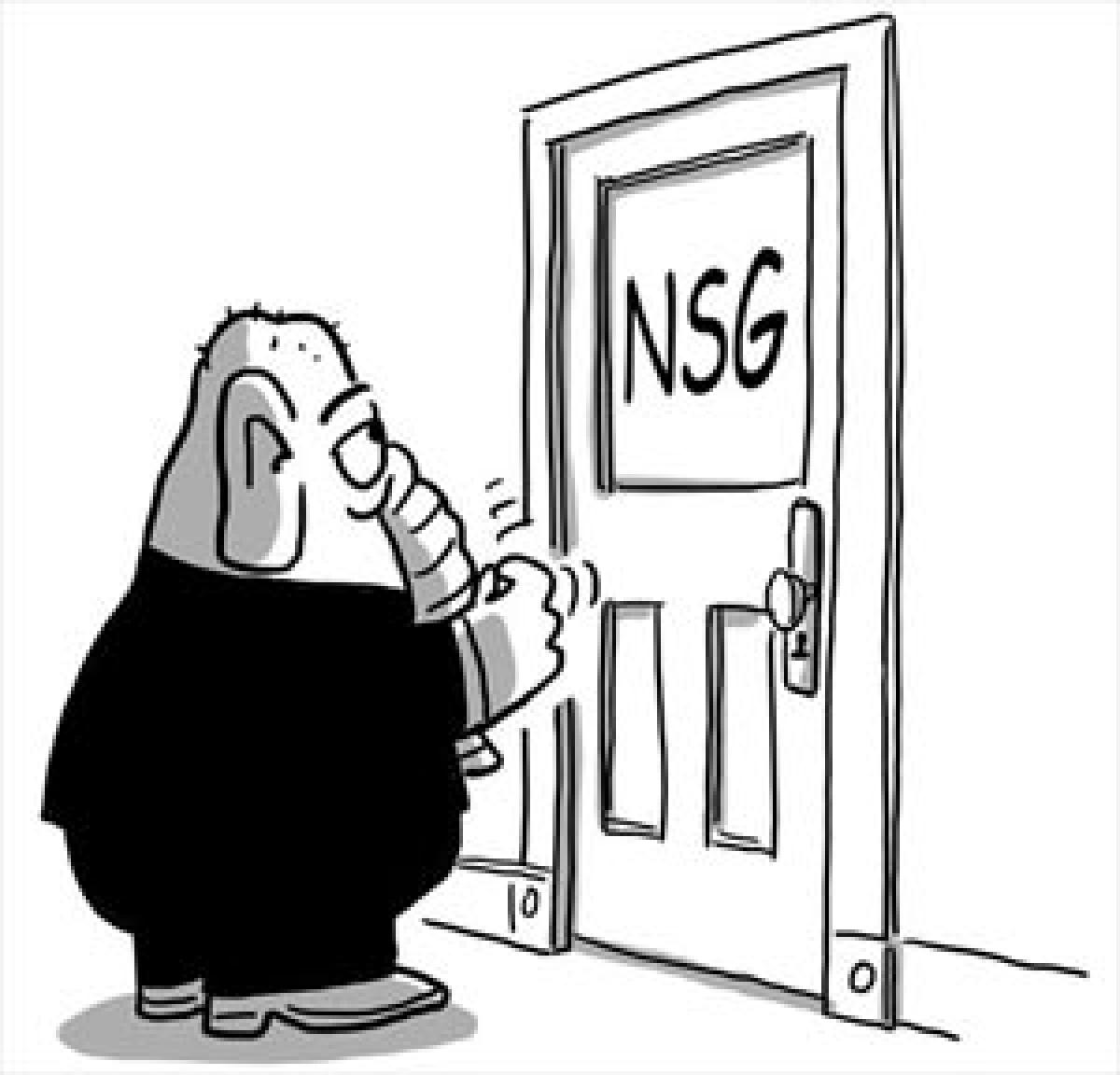NSG membership crucial for India

The issue of India’s membership of the Nuclear Suppliers Group (NSG) has been the focus of significant public and media attention over the past few weeks. It appears to have emerged as the single most critical foreign policy priority for the Modi government.
The issue of India’s membership of the Nuclear Suppliers Group (NSG) has been the focus of significant public and media attention over the past few weeks. It appears to have emerged as the single most critical foreign policy priority for the Modi government.
The government is according so much importance to the issue that Prime Minster Modi hurriedly decided at the last minute to include visits to Switzerland and Mexico during his tour to USA and some other countries to raise this issue and obtain categorical support for India’s membership at the NSG plenary at Seoul on 23-24 June 2016.
It is a reflection on Modi that he was able to get unequivocal support from Mexico and Switzerland although they had initially opposed the grant of a unique waiver to India by the NSG in 2008. They had also expressed concerns about India's NSG membership when the issue came up in informal discussions in recent years.
Under normal circumstances, the issue would probably not have assumed such a high profile. What appears to have brought it so completely under the floodlights is the uncharacteristic and open opposition by China to India’s membership in this body.
Over the last few weeks, China has issued several statements, officially as well as through its mouthpiece media publications, maintaining that no single country waiver should be granted to India as was done in 2008. Finally, China has stated that India's membership will ''jeopardise'' China's national interests and touch a ''raw nerve'' in Pakistan.
It is doubtless true that NSG was established in the wake of the Pokhran I peaceful nuclear explosion conducted by India in 1974. The intent and purpose of the NSG is, however, different from that of the NPT. NSG is not an international treaty. It is a group of “nuclear supplier countries that seeks to contribute to nonproliferation of nuclear weapons through implementation of two sets of Guidelines for nuclear exports and nuclear-related exports.”
After more than 25 years of its establishment, some suggested guidelines were evolved in 2001 at Aspen for admitting new members to the organisation. Amongst these, membership of NPT is only a guideline, a consideration, and not a mandatory requirement while deciding on a country's application.
India is keen to become a member of the NSG and other export control regimes such as the Wassenaar Agreement and Australia Group as it seeks to significantly expand its nuclear power generation and also enter the export market in the coming years.
Although the 2008 NSG waiver does provide significant possibilities for India to engage in civilian nuclear trade with other countries (and indeed, India has entered into such agreements with several countries like Russia, France, UK, USA, Kazakhstan, Australia, and others), membership of the NSG will provide greater certainty and a legal foundation for India's nuclear regime and thus greater confidence for those countries investing billions of dollars to set up ambitious nuclear power projects in India.
Moreover, as India’s international political, economic, military and strategic profile and clout increases, India would like to move into the category of international rule-creating nations rather than stay in the ranks of rule-adhering nations. For this, it is essential that India gets due recognition and a place on the NSG high table.
Both substantively and commensurate with its expanding international prestige and profile, India's membership of NSG is of vital significance. A decision at the NSG plenary session in Seoul will depend on China's stance. All other countries are expected to fall in line. President Putin has also assured India that Russia will intercede with China on India’s behalf.
India can be reasonably hopeful that China will see reason and logic in India's arguments and will gracefully withdraw its strident opposition. Responsibility devolves upon China, more than it does upon India, to bridge the trust deficit between the two countries. This is a sterling opportunity that China should welcome and grasp with both hands. (Courtesy: IDSA. In; Excerpts from an article)
By Ashok Sajjanhar








